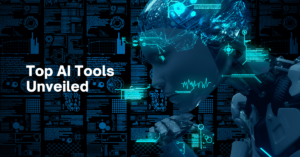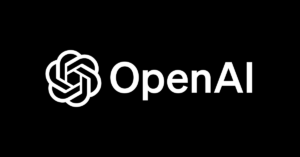Introduction
The classroom landscape is being revolutionized by AI in education, promising personal mentorship on a scale once imagined only in sci-fi narratives. This new educational paradigm isn’t a distant dream but today’s reality, powered by AI’s sophisticated algorithms and machine learning capabilities.
Personalized Learning: The AI Revolution in Education
The outdated model of one-size-fits-all education is swiftly giving way to the rise of AI in education. Cutting-edge platforms like Khan Academy’s Khanmigo and OpenAI’s GPT stand at the forefront of this revolution, offering personalized learning experiences that adapt dynamically to individual student needs, paving the way for every learner to progress at their optimal pace.
Democratizing Education Through AI
AI in education is proving to be a great equalizer. It’s tearing down long-standing barriers, offering high-quality, accessible education more broadly. With programs like the MAP Accelerator and Khan Academy Districts, over 280 school districts across the United States have embraced AI to offer personalized learning. These tools support personalized lesson planning and help students progress in their learning journey at their own pace, ensuring that students from varied socio-economic backgrounds receive the support they need to succeed.
The Human Element in AI-Enhanced Education
Despite the advancements in AI, the irreplaceable human element at the heart of teaching remains vital. AI in education excels in providing data-driven academic support, yet it cannot emulate the nuanced emotional intelligence inherent to human teachers. The magic happens when AI tools are blended with human insight, creating a comprehensive learning atmosphere that nurtures both the mind and the heart.
AI in Online Learning: A Mixed Bag
The accelerated shift to online learning has catalyzed the integration of AI in education, enhancing the scope and quality of student support and communication. However, this transition isn’t without its hurdles. Issues such as privacy, data security, and the accuracy of AI-generated advice are real concerns that demand thoughtful navigation and robust solutions.
Addressing the Challenges of AI in Education
To leverage AI in education effectively, we must develop AI systems that are as transparent and ethical as they are intelligent. Georgia Tech’s AI teaching assistant, Jill Watson, exemplifies this approach by managing routine student inquiries, thus freeing up educators to focus on deeper student engagement and personalized teaching.
The Collaborative Future of AI and Education
The horizon of education is being redrawn through the collaboration between AI and educators. Leading institutions like Carnegie Mellon University are incorporating AI to enrich the teaching process, offering a sneak peek into an educational future that is more adaptable, more individualized, and within reach for learners everywhere.
Conclusion:
The adoption of AI in education is inevitable and ongoing. As this technology matures, the dialogue around its ethical use becomes ever more essential. By embracing the digital revolution in education, we open up a universe of learning opportunities, ensuring that AI serves as a catalyst for empowerment and not an impediment.



